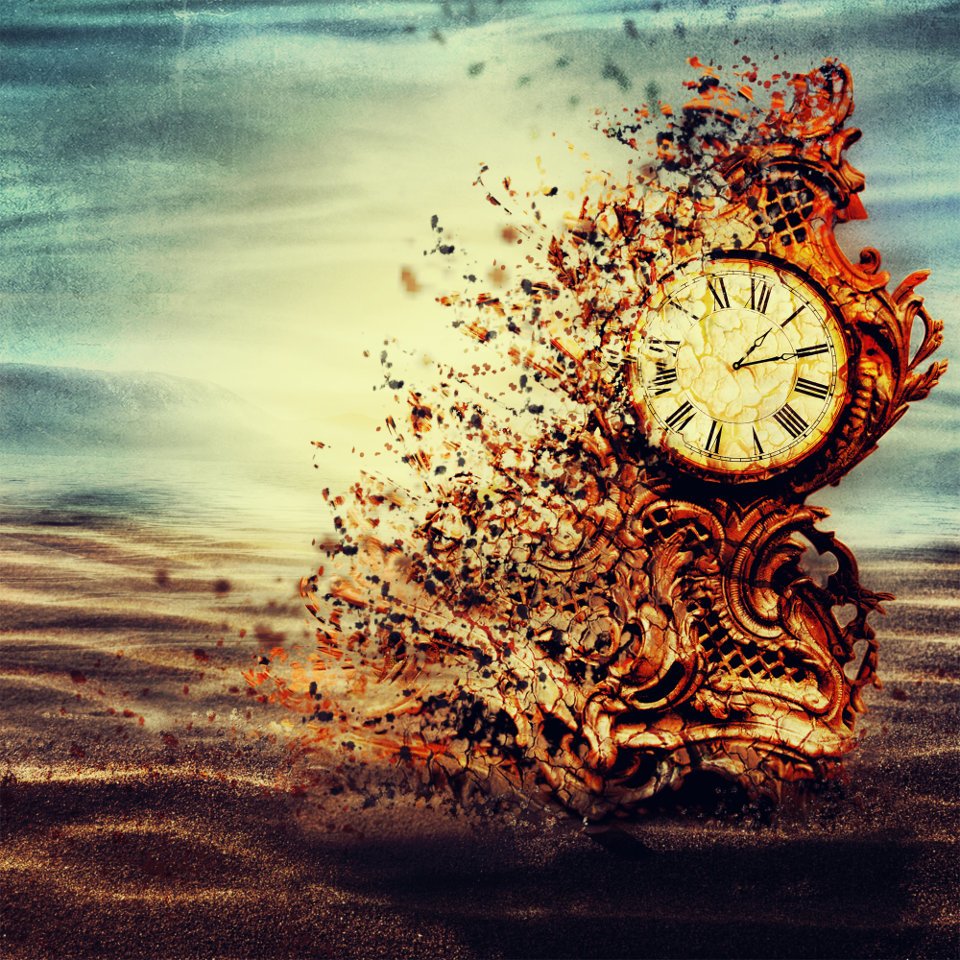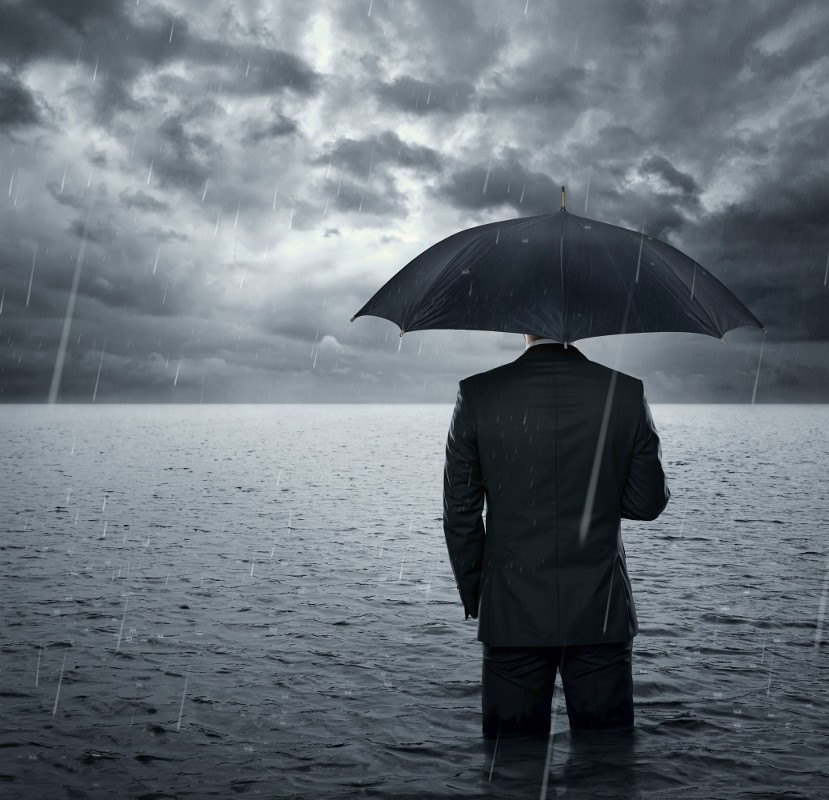What is Time?

For the first few years of childhood, we exist in a bubble. Inside this bubble, the world is in stasis. We know our place in the universe, and consequently the universe doesn’t seem to be all that scary a place. Then something curious happens.
The world begins to change.
At first, it only seems to change in small ways. We notice the cycles in the sky. We begin to track the passing of the seasons. But the things that really matter, the people we love and the security we find in the bosom of the familiar, they remain fixed, and so we regard these discoveries with only a passing curiosity. Then something uncomfortable happens.
The world changes some more.
The warm inviting cocoon that we were born into begins to break down. We graduate from school. Get a job. The people we love move on. Important landmarks are torn down to make way for shopping malls and apartments. One by one, everything we loved is either rewritten or lost forever.
Before too long, we’re surrounded by a hostile alien world. We start to feel the ravages of age, creeping up on us like deadly vines, and we realize it’s only a matter of time before this cruel existence of ours comes to an unpredictable end. We gaze about, exiles in our own backyard, and we can’t help but wonder, “What is time?”
Time is currency.
Each of us has a fixed balance, deposited at the moment of conception, and everything we do is accompanied by a corresponding withdrawal. Like money, we can choose to spend it wisely, doing worthwhile activities that enrich ourselves and others, or we can fritter it away on wasted hours, sitting around on the couch or laying in bed because we have nothing better to do. We would do well to make the most of what we have, lest we spend our deathbed hours as beggars, scrounging in the gutter for chronological crumbs in our haste to make up for a lifetime of regret.
Time is a veil.
A cosmic curtain, time keeps the past, the present and the future neatly partitioned, allowing us to experience life in manageable bite-sized chunks. Usually this veil is opaque. But every so often, especially as we advance in age, it begins to stretch and pull like taffy, made thin and partially transparent so that in moments of intense reflection, we feel that if only we peer a bit closer, we might yet sight those spectres of the past we’d thought lost years ago.
Time is an ocean.
A vast expanse of cause and effect stretching all the way back to the Big Bang, we navigate its treacherous waters like sailors, attempting to stay afloat for as long as possible while we map the uncharted regions of the future.
Time is motion.
Like a river it flows, sweeping us away in its implacable current, making vagrants of us all. Those who stop and turn back to mourn the increasingly hazy past are dragged by their feet kicking and screaming, torn away from everything and everyone they ever loved.
Time is a fire.
It blazes across the universe, burning everything in its path, reducing the cosmos to ash. Not a one of us escapes its ageless and insatiable maw. It strips us to our souls, consuming the rest in a brilliant infernal flash. As Delmore Schwartz puts it in Calmly We Walk Through This April’s Day, “time is the fire in which we burn.”
Enter your email address and click "Submit" to subscribe and receive The Sign.
